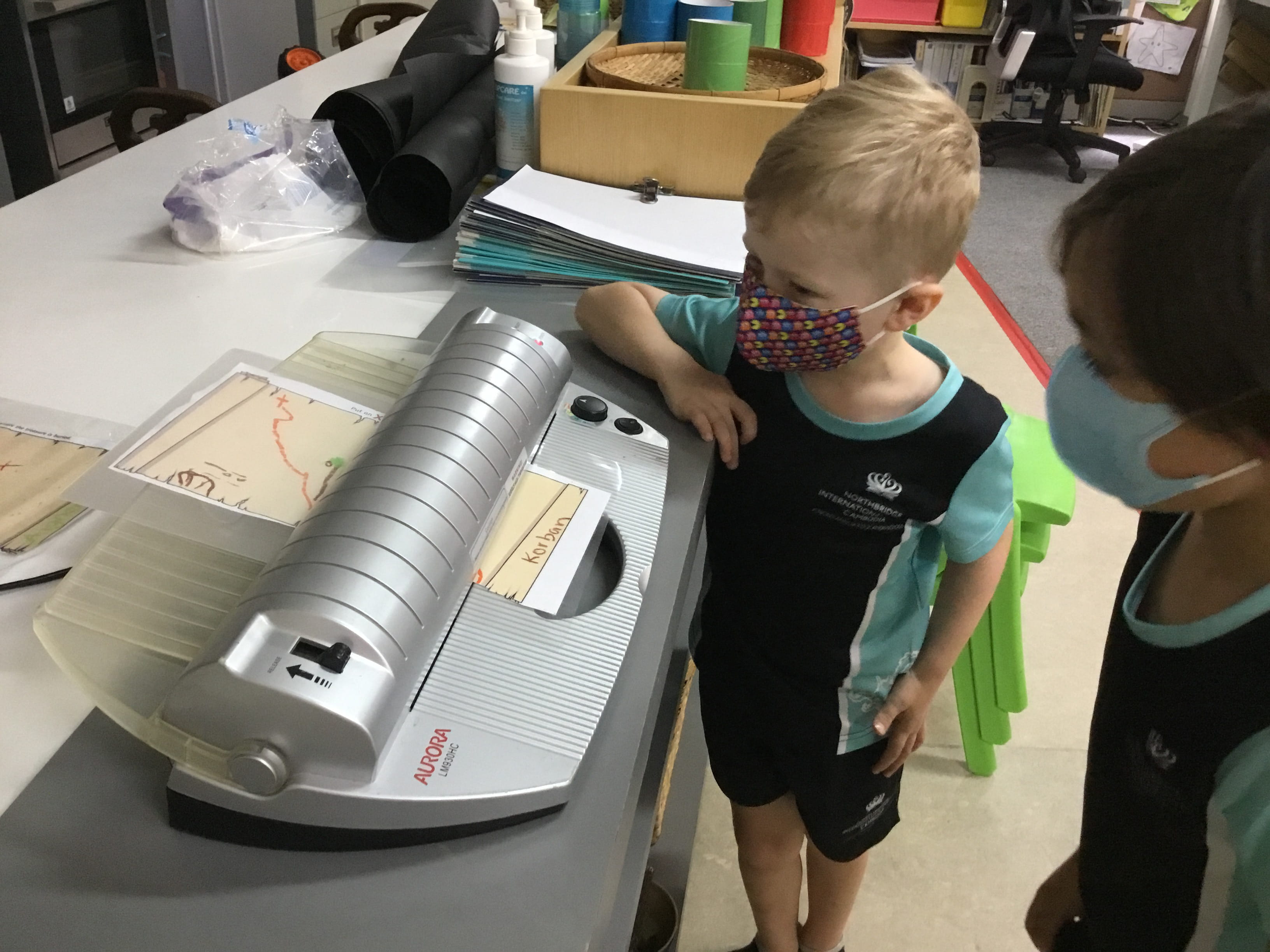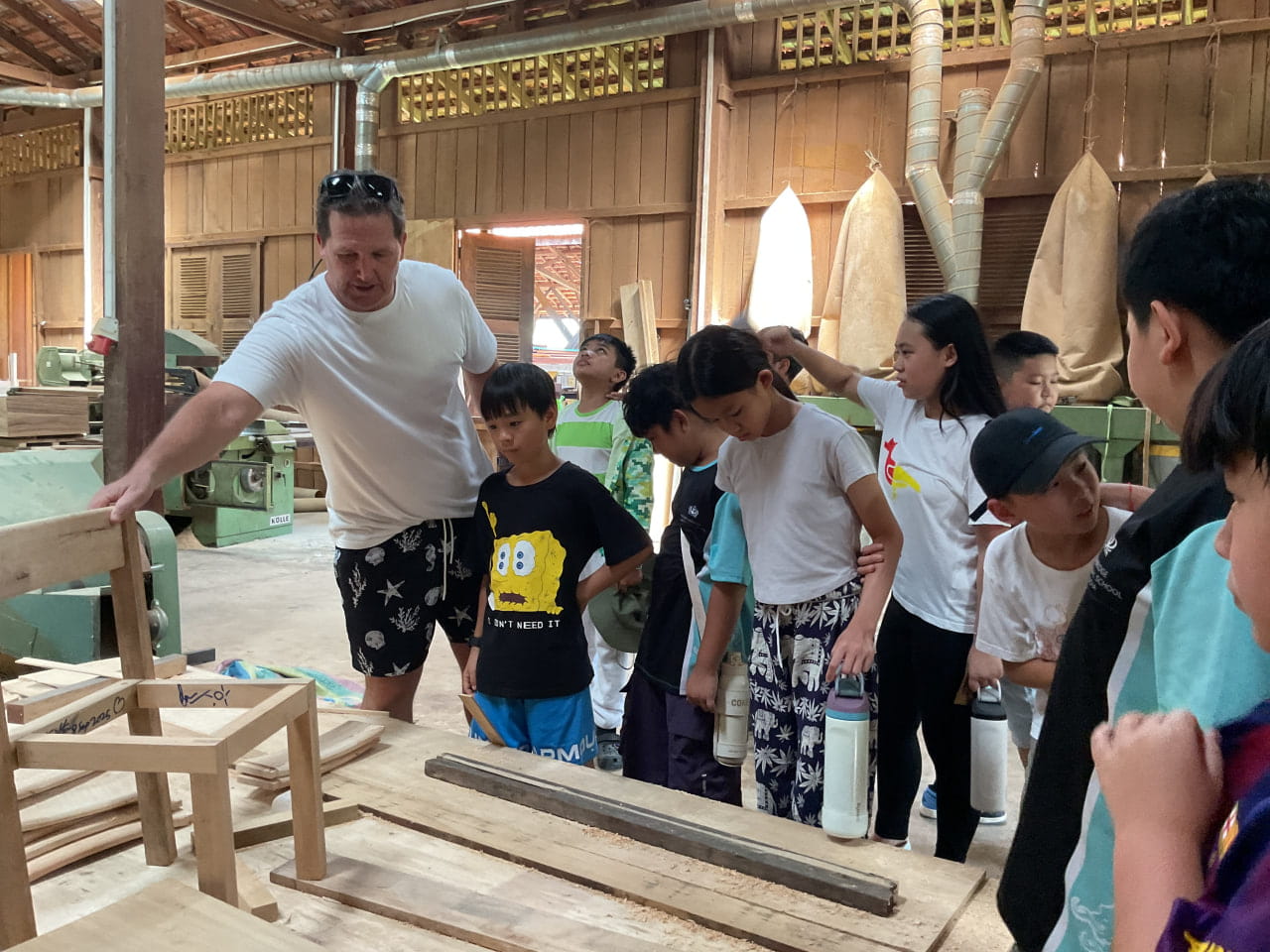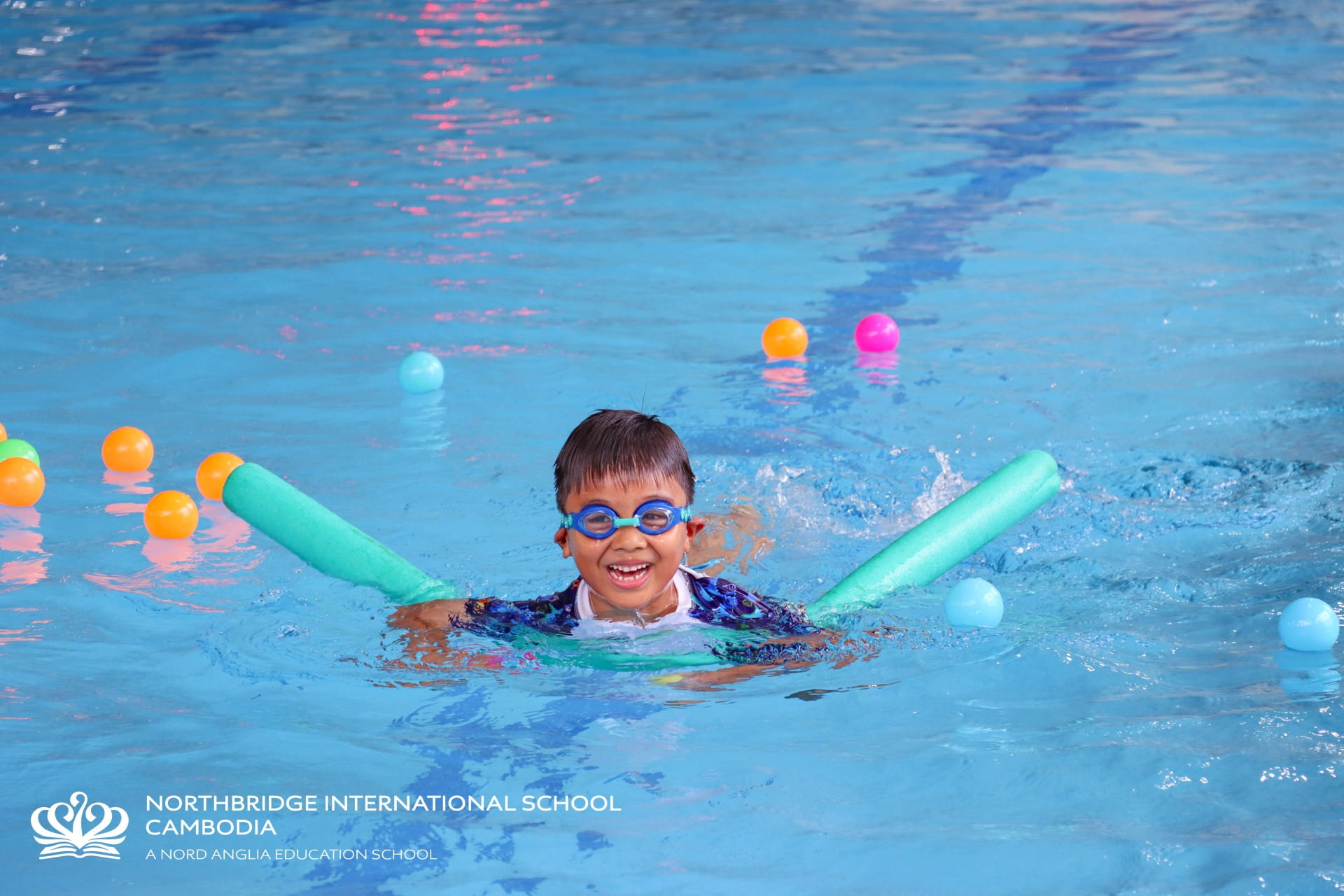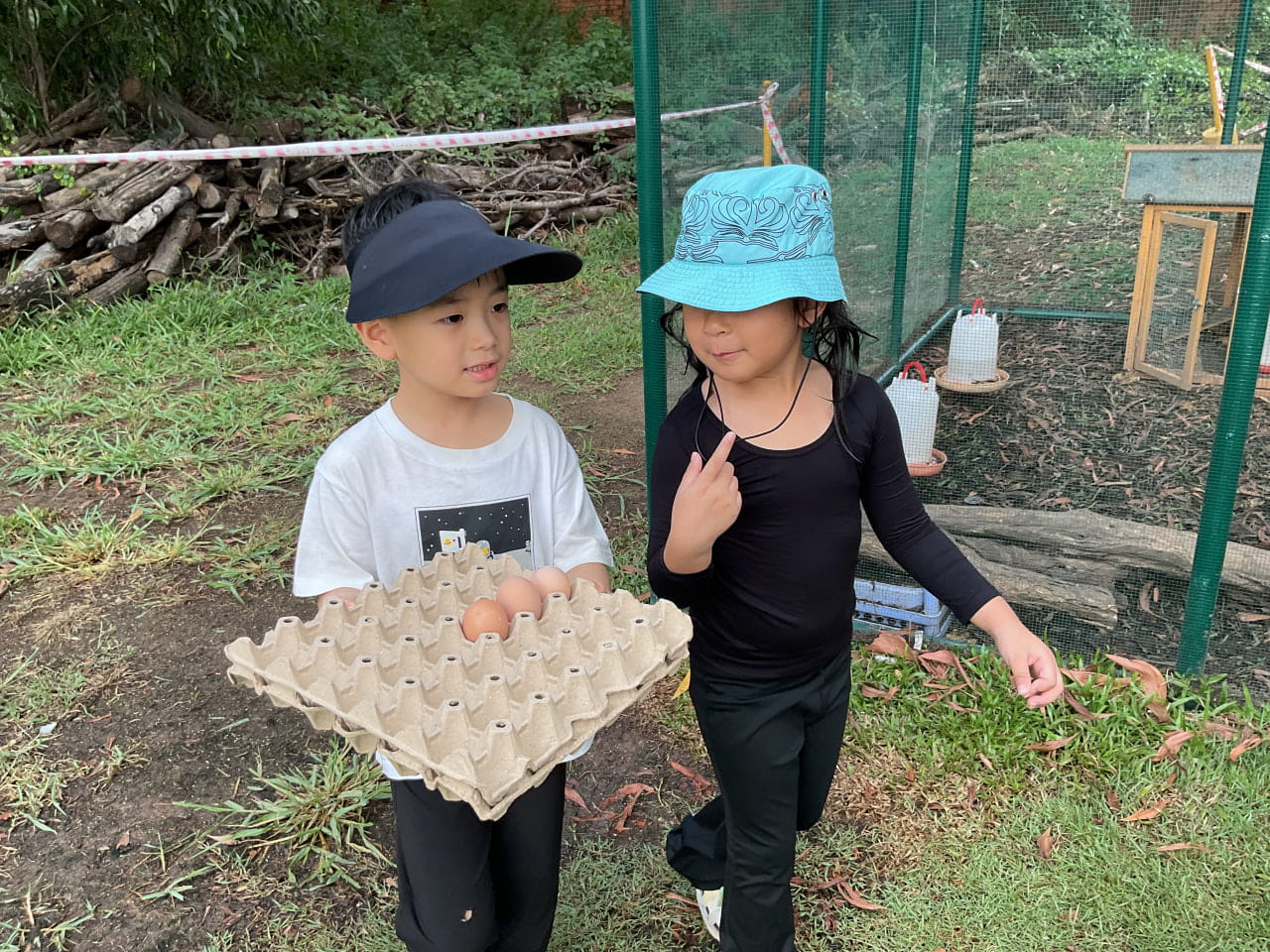What STEAM looks like in the Early Learning classes at Northbridge STEAM is part of our daily life. STEAM covers five subject areas, namely science, technology, engineering, arts and maths. Early Learning children at Northbridge International School Cambodia explore these subject areas through self-directed play and exploration. Teachers provide provocation tables that develop curiosity and promote inquisitive and curious minds.
STEAM is part of our daily life. STEAM covers five subject areas, namely science, technology, engineering, arts and maths. Early Learning children at Northbridge International School Cambodia explore these subject areas through self-directed play and exploration. Teachers provide provocation tables that develop curiosity and promote inquisitive and curious minds.
Science - children are born scientists! Using their senses, children learn to investigate, observe, test, predict, evaluate and gather evidence.
Technology is about doing. It is about using simple tools like markers, pencils, crayons, rulers, scissors, as well as more complex ones like laptops, ipads, mobile phones and laminating machines.
Engineering is designing and building. Engineering is about taking children’s skills and their wonderings to create something amazing!
Arts is children exploring their creativity and illustrating ideas and concepts they are learning.
Mathematics deals with numbers, patterns, shapes, space and measurement.
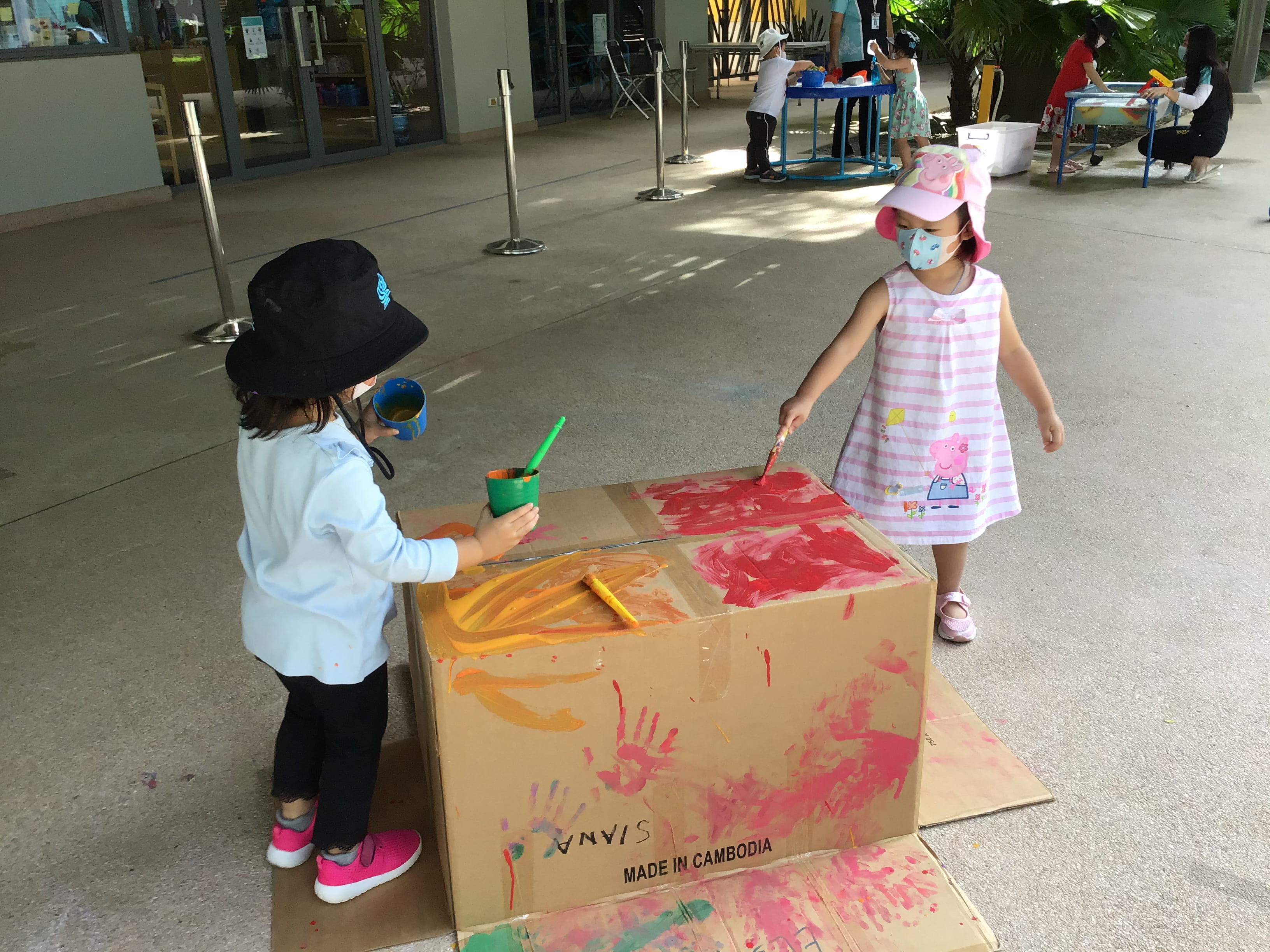
How can STEAM be nurtured at home?
Asking open ended questions is a great way to encourage foundational STEAM skills. “What would happen if…” and “Why do you think…” questions spark curiosity and critical thinking.
Talk about different things you see, hear and smell whilst out about. Encourage questions about the things around them.
Encourage play using construction toys.
Build imaginary models out of recycled materials.
Provide an area where students can be creative, paints, crayons, glue, scissors etc.
Involve children in day to day activities; cooking is a great way to practice both science and maths.
While eating, talk about where the food comes from - farm-market-kitchen-table.
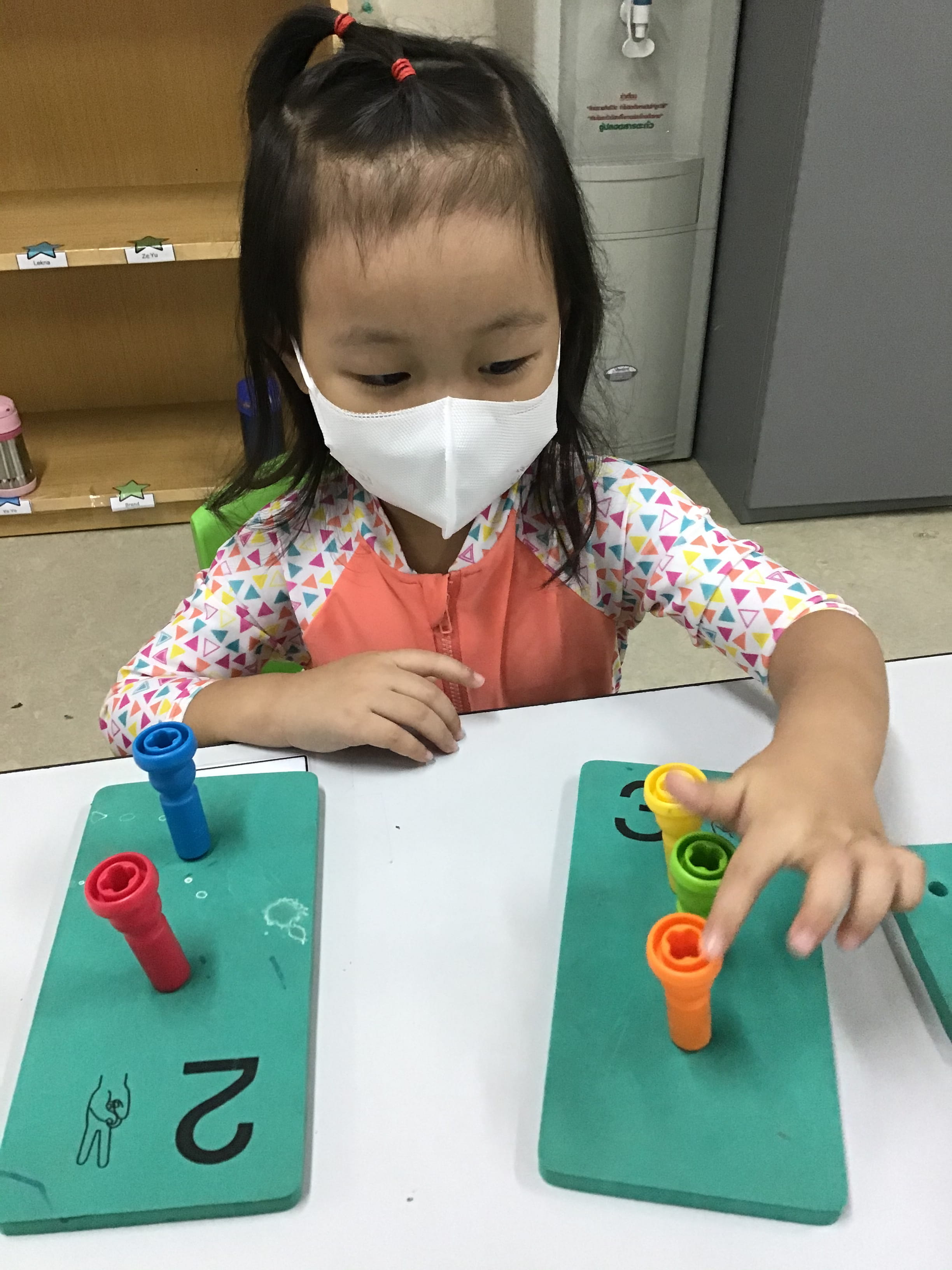
Always ensure that your children are safe in these activities but do not direct them too much. You want them to explore, try things and make mistakes in order to become successful problem solvers.
